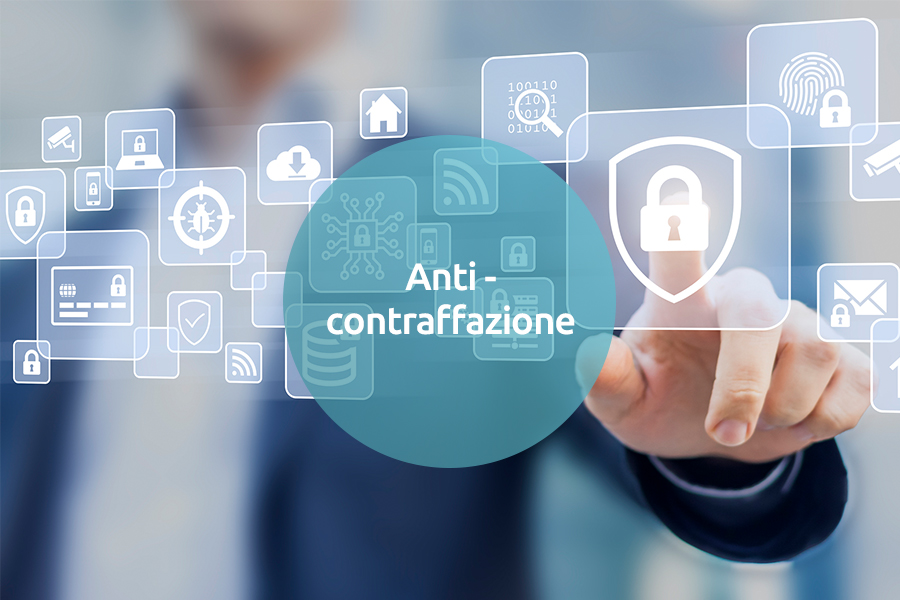In Bio Protect Group v Bang & Clean the Court of Milan held that the Italian portion of European Patent 1362213 B1 (EP’213) was invalid because the claims extended beyond the content of the original application as filed.
This ground for invalidation was submitted by the plaintiff in the final stages of the court-appointed technical expert phase of the case and after the deadline set for such submissions. The court concluded that new grounds which were not initially presented may be added under certain conditions.
Facts
On July 17 2012 plaintiff Bio Protect Group Srl sued Bang & Clean GmbH, asserting that EP’213 (owned by Bang & Clean, granted on November 19 2003 and validated in Italy) was invalid because:
-
it lacked novelty and inventive step in view of prior art documents; and
-
the description of the invention was insufficient.
EP’213 relates to a process for cleaning the interior and parts of boilers, more specifically with respect to the removal of encrustations resulting from combustion fumes. Cleaning is performed by localised explosions near the encrustations. EP’213 claimed a method for cleaning soiled containers and plants, as well as a device for performing such cleaning according to the method. Claim 1 recited that this effect was obtained by bringing “an explosive mixture" close to the encrustations by use of a tubular device and then causing it to explode.
During the court-appointed technical expert phase of the case, but after the deadlines set by the court for the parties to set forth their respective claims, Bio Protect pointed out that the original international patent application WO 2002/084193, on which EP’213 was based, contained a limitation in claim 1 on the nature of the explosive mixture, reciting that it must be "partially gaseous". Since this limitation was missing from claim 1 of EP’213 and the removal of this limitation was not supported by the patent application as filed, Bio Protect argued that the claim was invalid, since it extended beyond the content of the original application.
Decision
In its January 22 2015 decision, the grounds of which have now been published, the Court of Milan stated that even though Bio Protect did not submit this ground for invalidation at the beginning of the proceedings (ie, in the initial summons or according to the deadlines for the subsequent briefs exchanged by the parties), this lack of timeliness alone did not preclude its admissibility. Referring to a recent Italian Supreme Court decision, the Court of Milan affirmed that "a ground for invalidation can be acknowledged by the Judge on its own motion for reasons other than those specifically alleged by a party"(Cass U n 26242, December 12 2014), provided that the parties have a sufficient chance to address the new ground. In the case at hand Bio Protect introduced the issue and the judge accepted it as being timely raised.
The parties had the opportunity to address the newly raised issue in the final stages of the technical expert phase and in the final statements submitted to the judge. Accordingly, neither party was prejudiced by the late submission.
Despite the counterarguments provided by Bang & Clean, the court noted that, with respect to the substantive issues, the removal of the limitation "partially gaseous" in Claim 1 clearly resulted in an extension of the claim beyond the content of the patent application as filed, because the claim would cover any explosive substance, rather than merely "partially gaseous" substances. The court determined that the description of EP’213 was inconsistent with the text of claim 1 as granted, since it required that the mixture be at least "partially gaseous".
The court also noted that the description and drawings could be used only to interpret the claims.
Therefore, the Court of Milan held that Claim 1 was invalid. Since this meant that the dependent claims were also invlaid, the Italian portion of EP’213 was declared null under Article 76(1)(c) of the Industrial Property Code.
Comment
The Court of Milan confirmed that grounds for invalidating an Italian patent may be submitted at different times during the proceedings, thereby transferring a general principle established by the Supreme Court to the patent law arena.
The court, in line with established EU patent law, also confirmed that the removal of a limitation from an independent claim amounts to an impermissible extension of the scope of the patent when such removal is not supported by the text of the patent application as filed.




